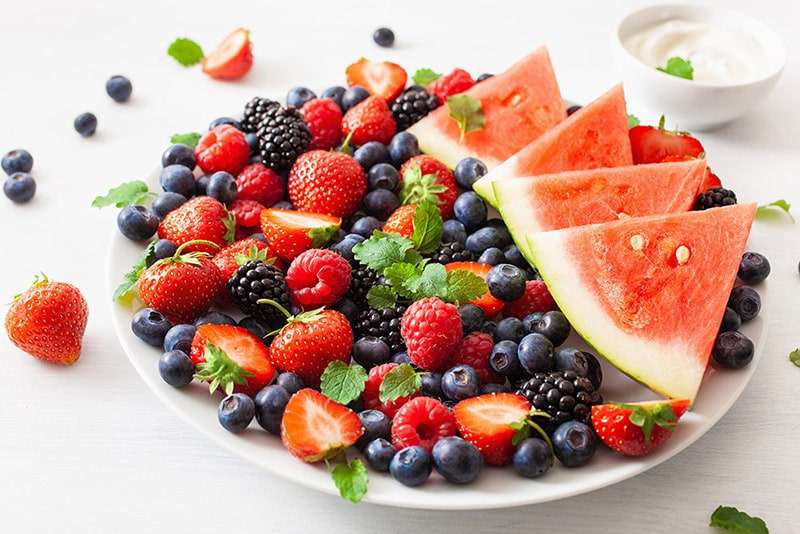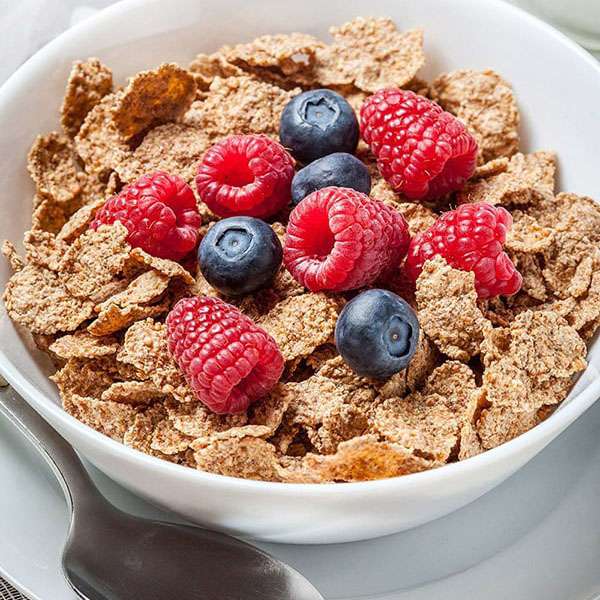Why do I need a renal diet?
If the kidneys become damaged or diseased, their ability to perform their usual functions decline. This process of declining kidney function is usually progressive and permanent. The kidneys become less able to filter and remove waste products, excess fluids and nutrients, such as phosphorus and potassium, from the blood. As a consequence, these substances build up in the blood to abnormally high levels. When this happens, dietary control is needed.
In the early stages of kidney failure a low protein, low phosphorus diet is often prescribed. Some researchers have shown that this type of diet may be beneficial. Sodium is often restricted to help control high blood pressure and/or fluid retention, which is often associated with kidney disease.
As kidney function worsens, the ability to produce urine and rid the body of excess potassium declines. At this point a potassium-restricted diet is needed. A potassium-controlled diet is sometimes needed earlier than this due to the effects of certain diseases or medications.
After dialysis therapy is initiated a controlled diet is still necessary. This is because dialysis therapy cannot replace 100% of normal kidney functions. Your dietary allowances will depend on the type of dialysis treatment received.
The components of the Renal Diet are:
- Protein and Calories
- Phosphorus
- Potassium
- Sodium and Fluid
Calories are needed to provide the body with the energy needed for maintaining body weight and for fueling body functions. It is very important to eat enough food to provide the body with adequate calories so these needs can be met. If your diet is inadequate in calories, the body’s protein stores will be broken down and used to provide the needed energy. This process releases the same waste product, urea, as excess protein ingestion. It also results in loss of weight, muscle mass, and strength.
In order for protein to be used efficiently in the body, adequate calorie intake is necessary. All foods provide calories. However, certain foods such as fats, and concentrated sweets are especially rich in calorie content.
What foods help kidneys
Phosphorus
Phosphorus is a mineral needed by the body primarily for building bones and making body energy. Calcium and phosphorus work closely together in these functions. Almost all foods contain phosphorus, so the average person gets more phosphorus in their diet than the body needs. Normally functioning kidneys rid the body of this excess phosphorus by excreting it in the urine.
To help prevent this:
- Limit the phosphorus-rich foods in your diet
- Take phosphate-binding antacids, such as calcium carbonate, with meals as prescribed by your doctor
Protein and Calories
Protein is needed by the body for growth and repair of body tissues. Proteins provide the body with “building blocks” called amino acids, which are needed for cell growth.
Animal proteins such as egg, milk, meat, poultry, and fish are rich in essential amino acids and are referred to as proteins of “high biological value”. Plants also provide us with protein, but these proteins do not contain all the essential amino acids. Therefore, plant proteins are of “low biological value”. They include proteins found in fruits, vegetables, cereals, and starches.
In order to ensure that your body has all the needed amino acids, it is important to eat proteins of high biological value at each meal. This is especially true if you are on a low protein diet.
Potassium
Potassium is a mineral that is needed for normal heart and other muscle functions. All body cells and nerves need potassium to function properly.
Foods rich in potassium:
- Fruits and vegetables
- Milk products
- Meats
- Whole grains, dry beans
- Salt substitutes
Sodium and Fluid
Sodium is a mineral that plays a major role in regulating the body’s fluid balance and blood pressure. Sodium occurs naturally in foods. In addition, sodium is often added to foods in the form of salt (NaCl), other seasonings, or food additives. Most people eat much more sodium than the body needs. When excess sodium is eaten, it must be diluted in the body so the thirst mechanism is stimulated to ensure increased fluid intake. Healthy kidneys are able to filter and excrete excess sodium and fluid. When kidney function is impaired, sodium and fluid retention occurs resulting in swelling or puffiness called edema. This fluid retention can lead to high blood pressure. Shortness of breath is common when fluid collects in the lungs or around the heart. Other symptoms of fluid retention include: sudden weight gain, swelling of the face, ankles, and legs.




